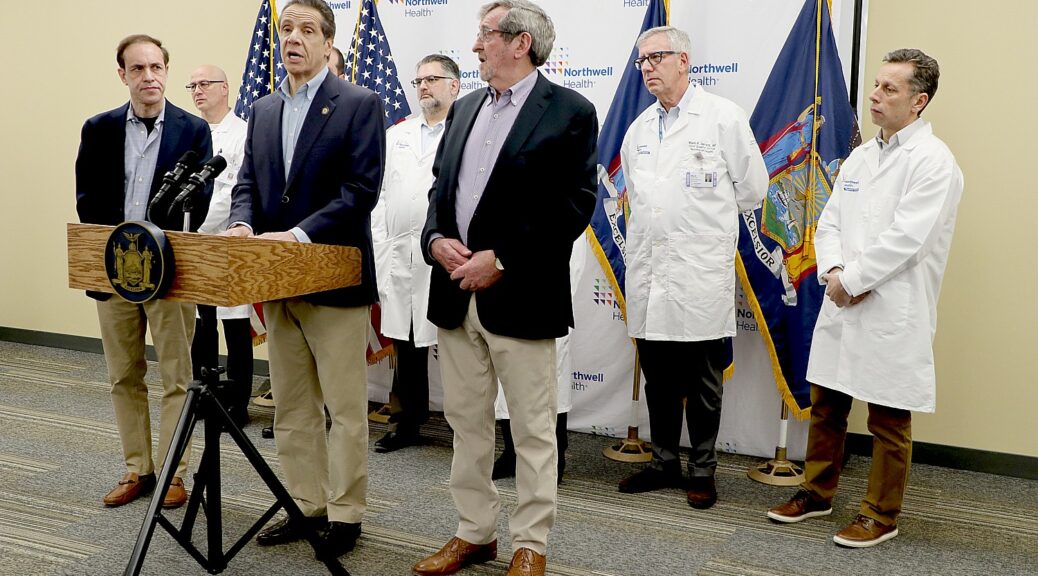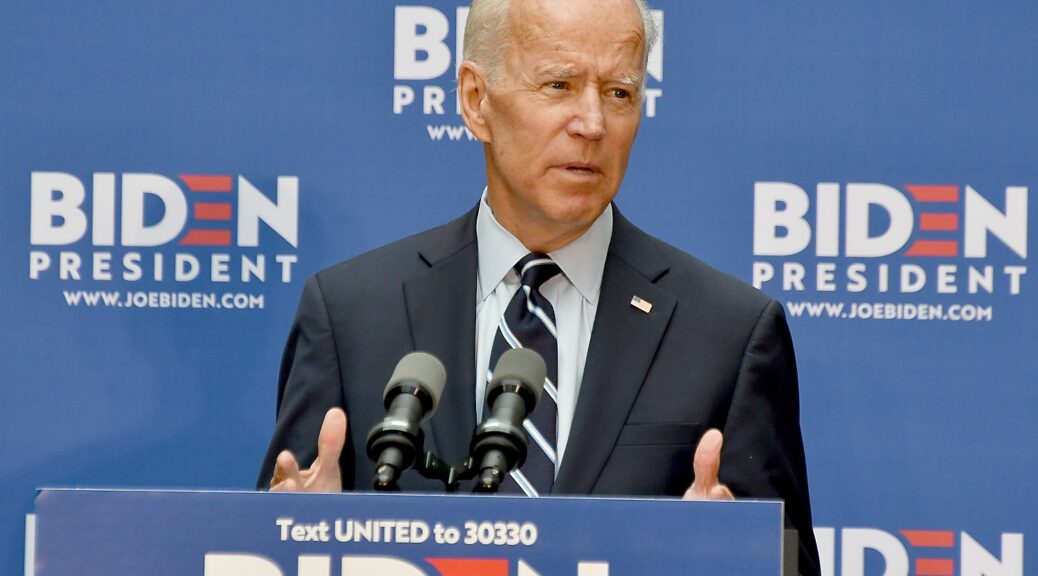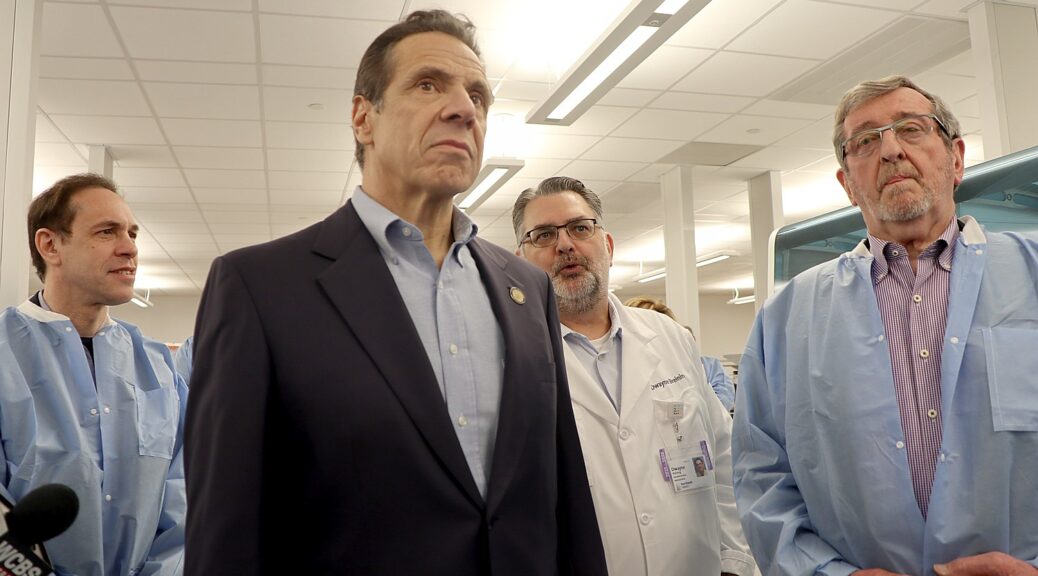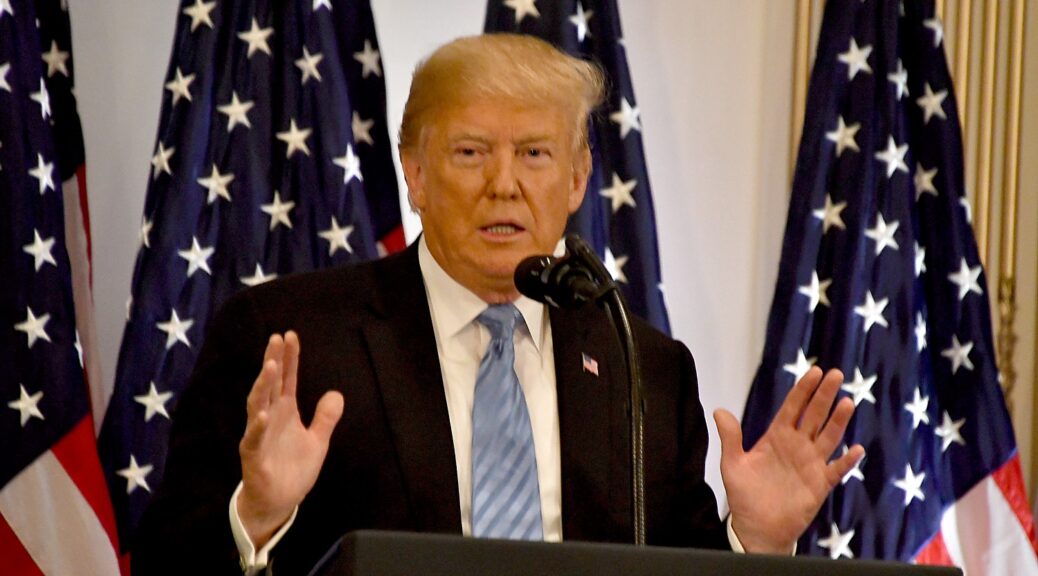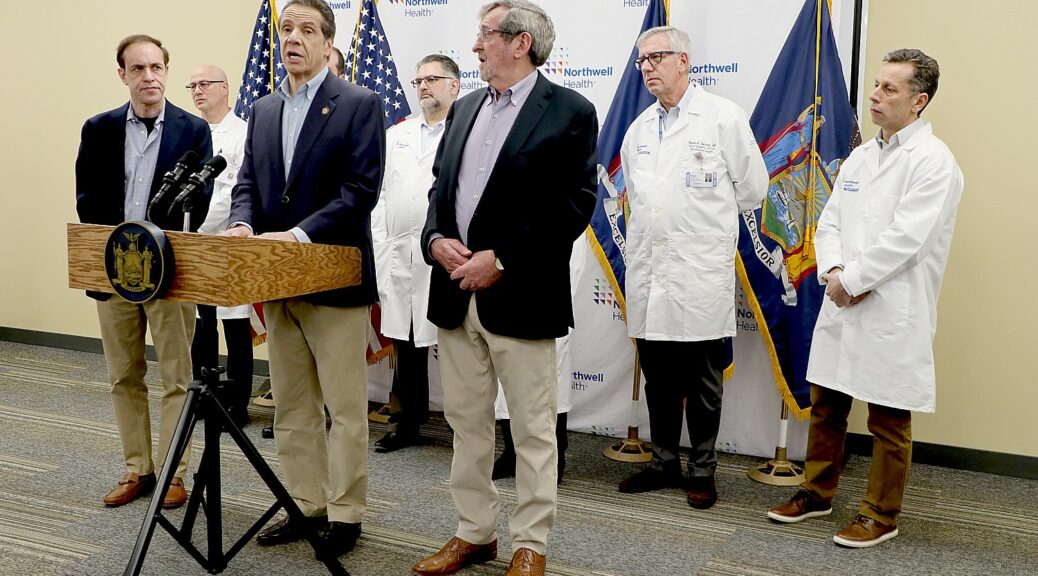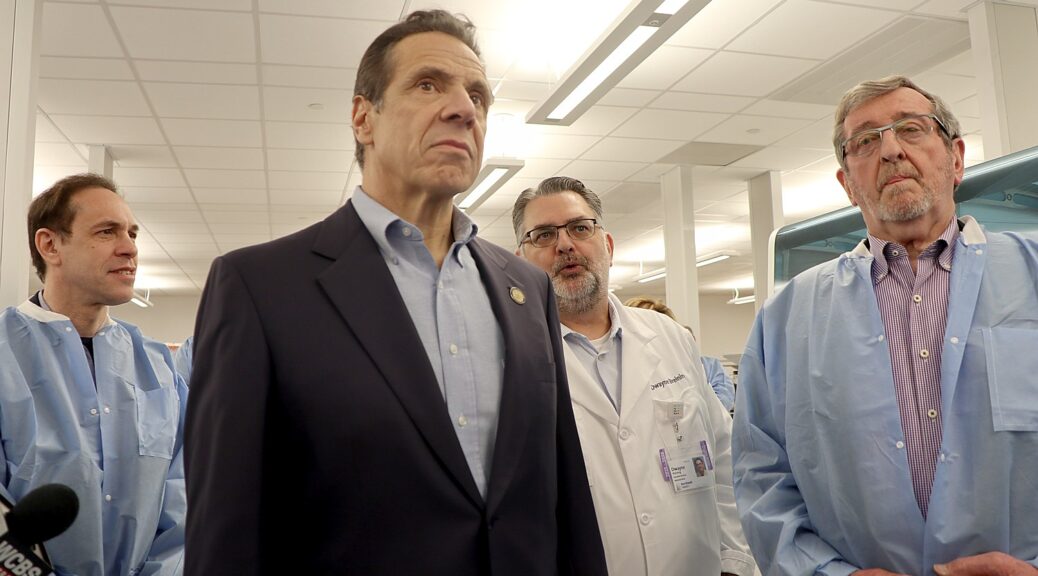
Leading hotel CEOs met with the White House on March 17 to discuss urgent economic recovery solutions needed to protect millions of U.S. hotel employees and 33,000 small businesses as travel grinds to a virtual halt across the country because of the coronavirus health crisis. From Main Street to major cities across the country, hotels everywhere are on the verge of shutting their doors in the coming days – many by the end of this week. With 1 in 25 jobs supported by the hotel industry, the rapid pace of booking cancellations is having an immediate, negative ripple effect that risks seeing mom and pop hotel owners shutter, furlough their employees, hurting community businesses.
The hotel industry is an industry of people and the current human toll is proving to be catastrophic. Based on current occupancy estimates, the American Hotel & Lodging Association (AHLA) says four million total jobs have been eliminated already or are on the verge of being lost in the next few weeks. In certain affected markets, including Seattle, San Francisco, Austin and Boston, hotel occupancy rates are already down below 20 percent and individual hotels and major operators have already shut down operations.
The AHLA, the nation’s leading and largest trade association for hotel industry, made the case that the economic impact on the hotel industry is already more severe than 9/11 and the 2008 recession, combined. “The impact of the coronavirus pandemic on our 33,000 small business owners who operate 66 percent of hotel properties across the country has been extremely severe with many considering shuttering and closing their doors for good within days if they haven’t closed already.”
Chip Rogers, AHLA President and CEO, said the burgeoning COVID-19 health crisis is unprecedented in its size and scope, and it represents the single largest decline in travel in modern times.
“The impact to our industry is already more severe than anything we’ve seen before, including September 11th and the great recession of 2008 combined,” stated Rogers. “The White House and Congress can take urgent action to protect countless jobs, provide relief to our dedicated and hardworking employees, and ensure that our small business operators and franchise owners – who represent more than half of hotels in the country – can keep their doors open.”
According to an Oxford Economic Study, a 30 percent decline in hotel guest occupancy could result in the loss of nearly 4 million jobs, with $180 billion of wages and a $300 billion hit to the GDP – crippling the hotel industry, the local communities they serve and the U.S. economy.
“This unprecedented public health crisis has quickly become a catastrophic economic crisis as well,” said Roger Dow, President and CEO, U.S. Travel Association President. “The losses for the travel industry alone are projected to double the unemployment rate over the next two months and plunge the country into recession. Small businesses, which make up 83% of travel businesses, need relief right now if they’re going to be able to keep paying their employees.”
The Oxford study estimates the hotel industry supports 1 in 25 American jobs, totaling 8.3 million jobs, paying more than $97 billion in wages and salary income, and contributes nearly $660 billion to the U.S. GDP annually. In addition to major hotel brands, the hotel industry includes more than 33,000 small businesses, which represent 61 percent of hotel properties in the U.S.
Top hotel industry leaders laid out several immediate actions the White House and Congress could take to help the hotel industry protect jobs and help small business operators. The group focused on two critical goals – retaining and rehiring employees and keeping hotels from shutting down through access to liquidity and low interest loans, including for small businesses.
Hotel CEOs who participated in the roundtable discussion today at the White House were hopeful that President Trump and Members of Congress will work together urgently to provide relief and ensure the industry is positioned to rebound from the unprecedented impact from the Coronavirus pandemic.
Best Western Hotels & Resorts President and CEO, David Kong said, “For nearly 75 years, Best Western has been a brand with small family businesses at our core. Most of our hotels are owned and operated by hardworking men and women with their children growing up in the business. For them, their hotels represent their families’ legacy and their future. Many are being forced to close their doors with no assurance of when they will be able to reopen. Their employees are left with no gainful employment and the resultant financial hardship. It is imperative that the government step in immediately with loan programs that provide capital and liquidity to help small businesses survive as well as other employment programs to help the impacted employees. The situation is dire.”
Choice Hotels International President & CEO, Pat Pacious said, “The majority of our 13,000 franchisees are small business hotel owners who have to meet payroll, pay their mortgages every month, and support their families during this crisis – as well as take care of their guests. As I told the Administration today, while Choice Hotels is acting to assist our franchisees, the federal government has a critical role to play in helping minimize the impact and disruption to the livelihoods of small business hotel owners and their employees, as well as stabilizing the economy during this difficult and unprecedented time.”
Hilton President and Chief Executive Officer, Christopher J. Nassetta said, “In Hilton’s 100-year history, we have never seen anything like the current situation. I am hearing directly from hotel employees concerned about their mortgage payments and hotel owners worried about making payroll. Nearly eighty percent of the hotels in our U.S. network are franchise properties that employ less than 50 people, and we are using every tool in our toolkit to keep these small businesses viable. Ours is an industry of people serving people, and that’s why we’re asking Congress and the Administration to help shield them from the economic impact of the coronavirus, so they can be part of the recovery that will follow.”
Hyatt president and CEO, Mark Hoplamazian said, “In our industry, success depends entirely on the passion and dedication of our people. It is critical that we take swift action to ensure that our workforce is protected with the proper healthcare and financial support so that the industry can return in full force following this unprecedented degree of business interruption.”
InterContinental Hotels Group CEO Americas, Elie Maalouf said, “The coronavirus represents a global economic emergency as well as a global health emergency, and the impact it will have on the hospitality industry is unprecedented. Even as we’re currently managing this issue to keep our guests and colleagues safe, and hotel owners secure, we’re committed to doing everything we can to protect the future of the millions of Americans employed by the hotel industry and prepare to expedite a return to normal once this crisis passes. We appreciate the administration’s engagement in this issue and look forward to continuing this important discussion in the weeks ahead.”
Marriott International President and CEO, Arne Sorenson said, “The COVID-19 pandemic has resulted in an unprecedented decline in demand impacting our hotels and our associates. We are looking to government to support the hospitality industry through this period of time so we can assist our associates and hotel owners, many of whom are small businesses.”
MGM Resorts International Chairman & CEO, James Murren said, “Within days we have transformed from a vibrant industry welcoming people from around the world, to one experiencing a total shutdown of business. Addressing this public health emergency required major collective action which is why MGM shut down our operations. But it comes at a cost to our tens of thousands of employees, small businesses and communities who depended on us. We look forward to a productive dialogue on how to ensure that when it is safe, the gaming industry can be in a position to open our doors so that we and the 2 million jobs that depend can be part of the economic recovery that is to come.”
“Pebblebrook Hotel Trust is a REIT with 54 hotels with over 13,000 rooms and over 8,000 employees around the country. Our hotels are in most of the hardest hit cities – Seattle, San Francisco, here in Washington, DC, NYC, Boston, Chicago and more. As of today, we have had to make the difficult decision to let go over 4,000 employees,” noted Jon Bortz, Board Chair, AHLA and Chairman & CEO, Pebblebrook Hotel Trust.
“By the end of the month, we expect another 2,000 employees will also be let go, representing over three quarters of our employees. We are looking at closing the doors at more than half of our properties,” Bortz said. “This is the reality we, and countless other owners and operators around the country are facing in the wake of this public health situation.”


